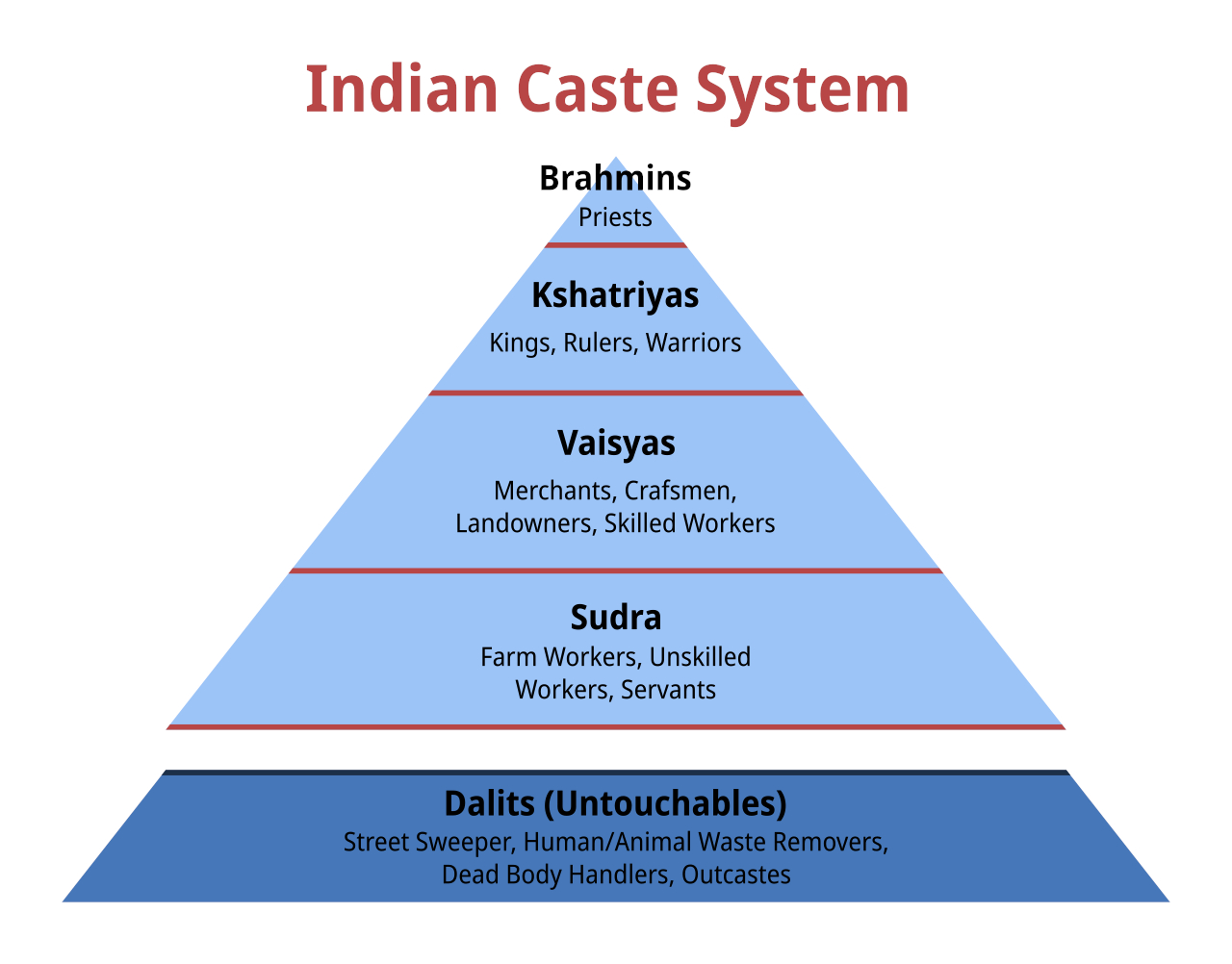|
Statue Of Social Justice
The ''Statue of Social Justice'' also known as the Dr. B. R. Ambedkar Smriti Vanam (English: ''Dr. B. R. Ambedkar Memorial''), is a 206-ft tall statue located in Vijayawada in the Indian state of Andhra Pradesh. The memorial dedicated to B. R. Ambedkar, an Indian polymath, statesman, social reformer and the father of the Indian Constitution. This Ambedkar's statue is tall and stands on an tall base building, making its total height . It is the fourth tallest statues in India. History Babasaheb Bhimrao Ramji Ambedkar was a crusader for social justice and was the chief architect of India's Constitution which secured social and fundamental legal rights and equality for its citizens. A barrister, economist, politician and reformer, he was the first Law and Justice Minister of independent India. He was commonly known as the ‘Champion of the Untouchables.’ The Government of Andhra Pradesh decided that on the occasion of 125th birth anniversary of Ambedkar i.e. 14 April 2016 ... [...More Info...] [...Related Items...] OR: [Wikipedia] [Google] [Baidu] |
Vijayawada
Vijayawada ( ), formerly known by its colonial name Bezawada, is the second largest city and a major commercial hub in the Andhra Pradesh state of India. The city forms an integral part of the Andhra Pradesh Capital Region and is situated on the banks of the Krishna River, flanked by the Eastern Ghats and the scenic Indrakeeladri Hills. It is renowned for its iconic Kanaka Durga Temple, an important Hindu shrine that attracts millions of devotees each year. Geographically positioned near the center of the state, Vijayawada is popularly described as the commercial, political, cultural, and educational capital of Andhra Pradesh. It also serves as the administrative headquarters of the newly formed NTR district. The Prakasam Barrage across the Krishna River is a pivotal infrastructure asset that connects NTR with Guntur district. Vijayawada is recognized as one of India's fastest growing urban areas. In fact, a recent Oxford Economics report ranked it among the top 10 fastest gro ... [...More Info...] [...Related Items...] OR: [Wikipedia] [Google] [Baidu] |
Social Equality
Social equality is a state of affairs in which all individuals within society have equal rights, liberties, and status, possibly including civil rights, freedom of expression, autonomy, and equal access to certain public goods and social services. Social equality requires the absence of legally enforced social class or caste boundaries, along with an absence of discrimination motivated by an inalienable part of an individual's identity. Advocates of social equality believe in equality before the law for all individuals regardless of many aspects. These aspects include but are not limited to, sex, gender, ethnicity, age, sexual orientation, origin, caste or class, income or property, language, religion, convictions, opinions, health, disability,trade union membership, political views, parental status, mores, family or marital status, and any other grounds. These are some different types of social equality: * '' Formal equality'': equal opportunity for individuals based on merit ... [...More Info...] [...Related Items...] OR: [Wikipedia] [Google] [Baidu] |
Dalit Culture
Dalit ( from meaning "broken/scattered") is a term used for untouchables and outcasts, who represented the lowest stratum of the castes in the Indian subcontinent. They are also called Harijans. Dalits were excluded from the fourfold varna of the caste hierarchy and were seen as forming a fifth varna, also known by the name of ''Panchama''. Several scholars have drawn parallels between Dalits and the ''Burakumin'' of Japan, the ''Baekjeong'' of Korea and the peasant class of the medieval European feudal system. Dalits predominantly follow Hinduism with significant populations following Buddhism, Sikhism, Christianity, and Islam. The constitution of India includes Dalits as one of the Scheduled Castes; this gives Dalits the right to protection, positive discrimination (known as reservation in India), and official development resources. Terminology The term ''Dalit'' is for those called the "untouchables" and others that were outside of the traditional Hindu caste hiera ... [...More Info...] [...Related Items...] OR: [Wikipedia] [Google] [Baidu] |



